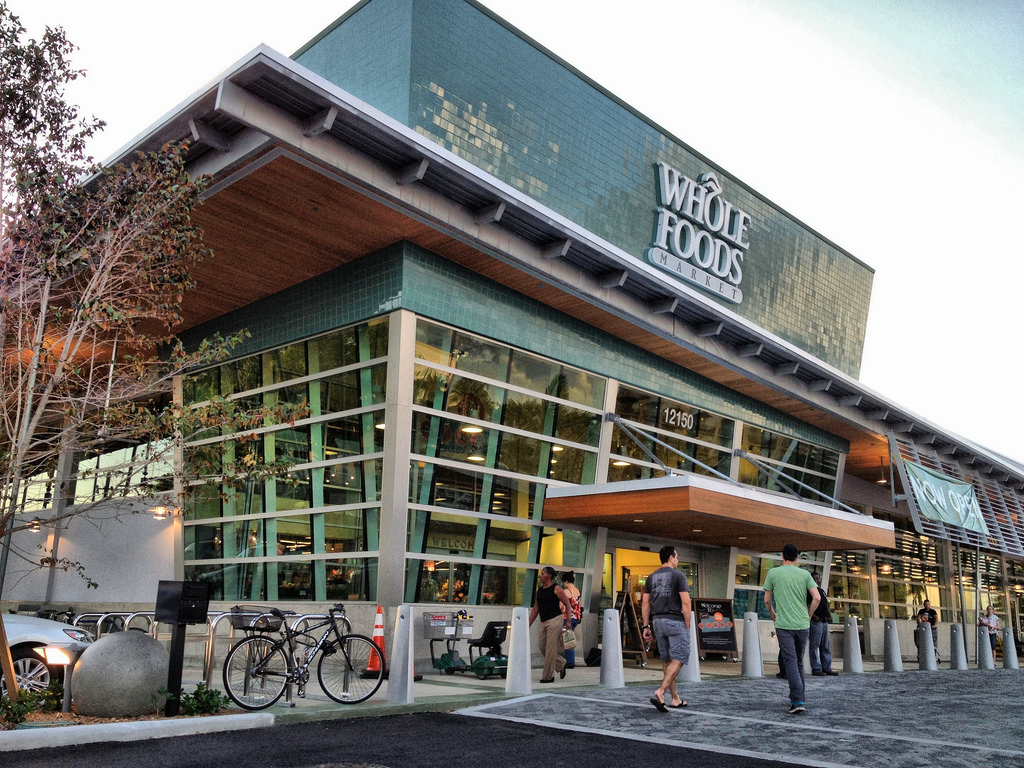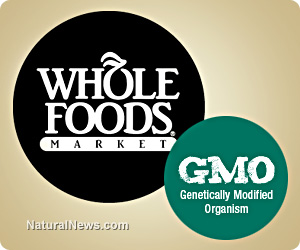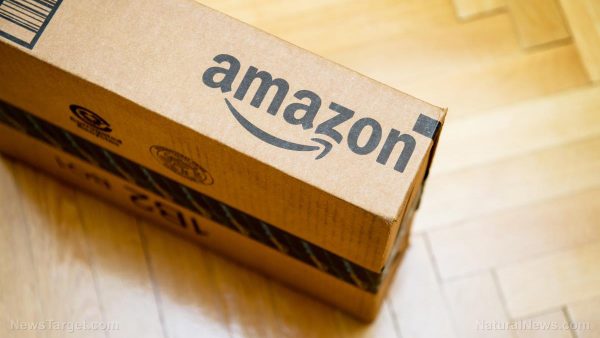Whole Foods under fire from angry vendors as retail “racket” snubs small-scale manufacturers
03/13/2018 / By Tracey Watson

Whole Foods Market claims to be part of an “interdependent business ecosystem,” dependent on the many thousands of suppliers it says it views as allies. In discussing its partnerships with suppliers, the company’s mission statement notes, “We listen compassionately, we think carefully, and we always seek win-win relationships with everyone we do business with.”
There are literally thousands of mom-and-pop businesses that have built their brand almost entirely through partnerships with Whole Foods.
There have been several changes at the company recently, however, including a new owner – Amazon. And now, Whole Foods has placed burdensome restrictions on how products are marketed and managed in-store, limiting visibility and shelf-space for the small, local companies which have contributed hugely to the company’s success.
In an attempt to reduce prices at the company’s 473 stores, Whole Foods has moved to centralize many of its processes, and has appointed Daymon, a retail strategy firm based in Connecticut, to handle shelf displays, arrange in-store tastings and check inventory levels nationwide.
Previously, vendors could handle these functions themselves or appoint their own brokers to do so. They had relationships established with these brokers, who had the power to negotiate for more shelf-space on their behalf.
Most vendors maintain these relationships across several different grocery chains, and Whole Foods’ insistence that they only use Daymon has created tension between many vendors and their brokers.
To add insult to injury, vendors will have to pay for the privilege of having a broker they did not select handling their in-store product management.
Suppliers that sell more than $300,000 of goods annually to Whole Foods will be required to discount their products by 3 percent (for groceries) or 5 percent (for health and beauty products) to fund the new program. Local suppliers will also have to pay $110 for each four-hour product demonstration by Daymon, while national suppliers will have to pay $165. Daymon did not respond to requests for comment.
CNBC is reporting that many vendors are extremely unhappy with the new arrangement. Some feel that the fees are too high, while others are concerned about the damage to their working relationships with their existing brokers:
By paying Whole Foods to do the merchandising, vendors have less money and less product to give their brokers that manage relations with other retailers.
Whole Foods is aware of the discontent among its vendors and has scheduled a March 19 meeting with its most important suppliers to try to resolve the issue.
The grocery giant has come under increased scrutiny since its takeover by Amazon, and is struggling to transition successfully from a chain where each store focuses on the local market to one with a national orientation. The organic food market has also become increasingly competitive, with over 20,000 organic products now available in the country, and three out of four grocery stores stocking at least some of these items.
Interestingly, while Whole Foods hasn’t disclosed the reason for its change to one national broker, CNBC notes that it would provide the company with the ability to protect its data more effectively:
Brokers represent multiple brands and work with multiple retailers. Cutting them out of the process means Whole Foods limits the number of people that know what goes on in its stores and who can share that information with others.
There are several good reasons why Whole Foods – now owned by Amazon – might want to keep a tight lid on company information:
- Amazon is well-known for its love of secrecy and fierce data protection;
- Extensive tests on items sold by Whole Foods, conducted by Natural News editor, Mike Adams, uncovered alarming levels of toxic heavy metals like lead; and
- Amazon’s Jeff Bezos also owns the Washington Post, which is known to be in bed with Monsanto, DuPont and other companies which produce pesticides and GMOs – the very contaminants that Whole Foods claims to avoid in all its products. (Related: The whole truth about Whole Foods – Shocking new mini-documentary excoriates this deceptive, fraudulent corporation for becoming the Monsanto of food retailing.)
Read Grocery.news for more coverage of grocery stores.
Sources for this article include:
Tagged Under: Amazon, brokers, Daymon, food retail, food supply, grocery, grocery stores, vendors, Whole Foods



















